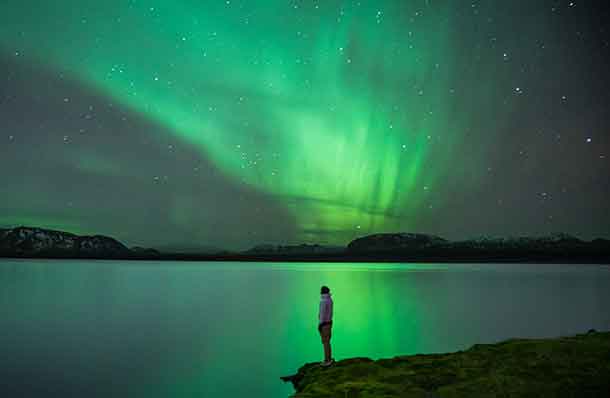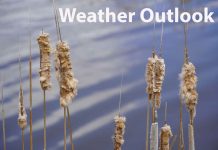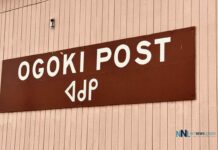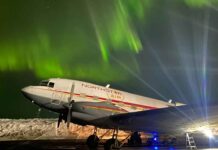by Xavier Kataquapit
www.underthenorthernsky.com
I wake up in the morning now to the sound of Niska, the Cree word for a Canada goose. They fly over my house and I know for sure that spring is certainly on its way. However, when I look outside my window I see snowbanks and personally I think the cold nasty weather is hanging on a little too long. Everybody I talk to feels that this winter was difficult, long, way too snowy and very cold for long stretches up here in northern Ontario.
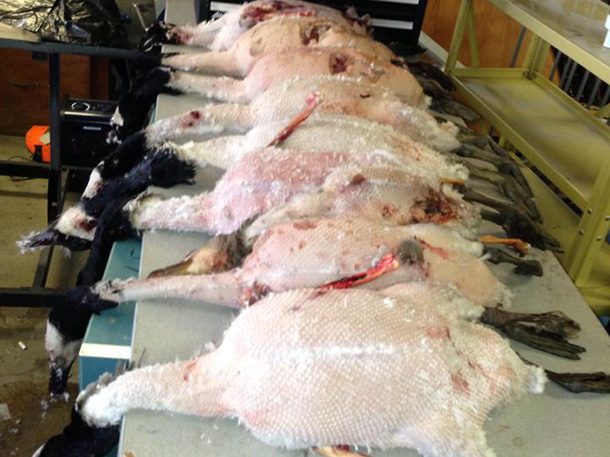
The thing is I know for sure I can always count on the coming of warmer weather once I hear Niska overhead flying further north to Weenaybek, the Cree word for the great James Bay. Many of my family members and friends along the coast have been on the land now for some time harvesting Niska. They do so with a lot of modern technology and even with the aid of helicopters to fly them into their remote traditional hunting grounds. Some things about the hunt though will never change.
My family mostly hunts and gathers on our traditional lands of the Lakitusaki (Lake River) region, the Attawapiskat River delta and on Akamiski Island. My ancestors have being doing this for as long as my people the Cree of James Bay have been documenting time. Our traditional lands are known to us at a young age. When I was a young boy it was a normal part of life to head out onto our traditional lands to hunt and gather.
We Cree are lucky to have had an upbringing in which our age old ways were passed down from our ancestors in regards to hunting and fishing. We are the proof that the passing on of these skills was important simply because of the fact we are still here and flourishing despite the arrival of the Europeans and the colonization efforts we had to endure for hundreds of years. No matter what happened to our world, my people have never stopped following their way of life in heading back out on to traditional lands and utilizing ancient skills that have had to do with our survival in all kinds of challenges over thousands of years.
Although we have dealt with all of the terrors of colonization including religion, forced assimilation, the residential school attempt at genocide and the destruction of family units, there was always the return to our traditional lands to hunt and gather. When on the land we lived as our ancestors had for thousands of years except maybe for the odd cup of tea or coffee and of course the easy to carry and prepare cans of spam, klik, corned beef hash, meatballs in gravy and Irish stew. Much of the time we ate what we harvested in Niska or Way-way, the snow goose or ‘wavy’.
On the land we always have the opportunity to harvest as many birds and animals as we want but we are also respectful and thankful for the food we get that has kept us alive for generations. Our Elders teach us at an early age to harvest only what we need and that we can transport and preserve. Most carry on with the spring and fall hunts in respectful and grateful teachings in our traditional lands where we connect in the footsteps of our ancestors and we find peace and we are rejuvenated in a world that has been familiar to us for time immemorial.
In the times we are witnessing right now I believe my people of the Great James Bay have the ability and capacity to survive and that is good to know considering the world wide pandemic we are being challenged with and the efforts of world leaders in taking us down a trail to nuclear war. We are the lucky ones.

